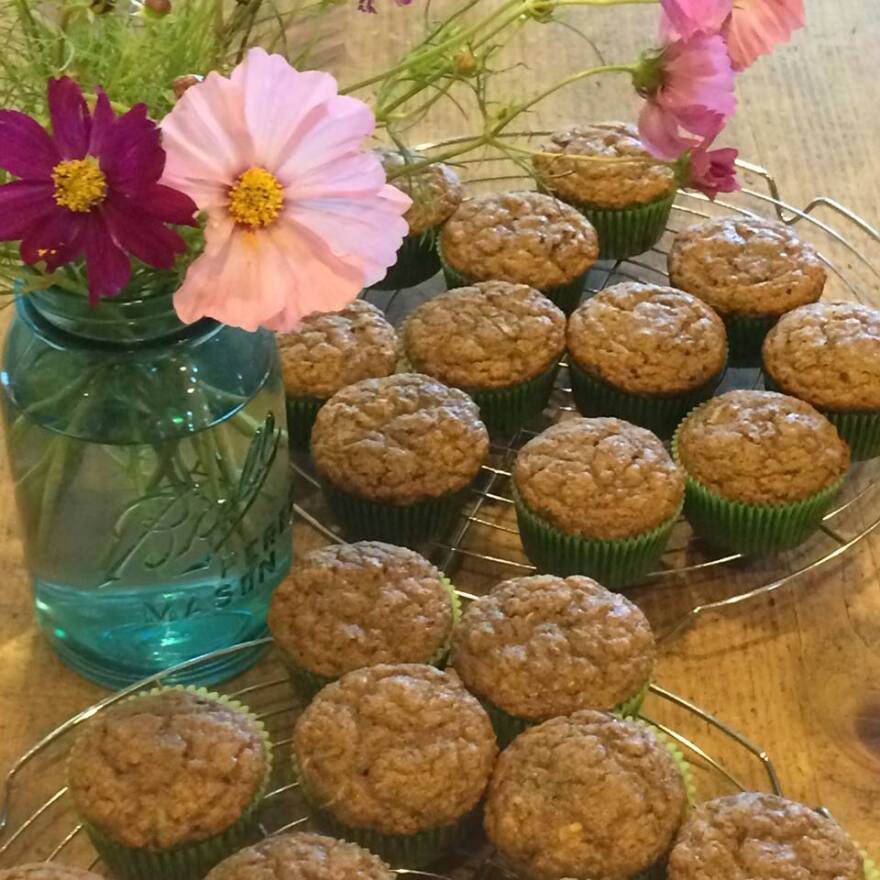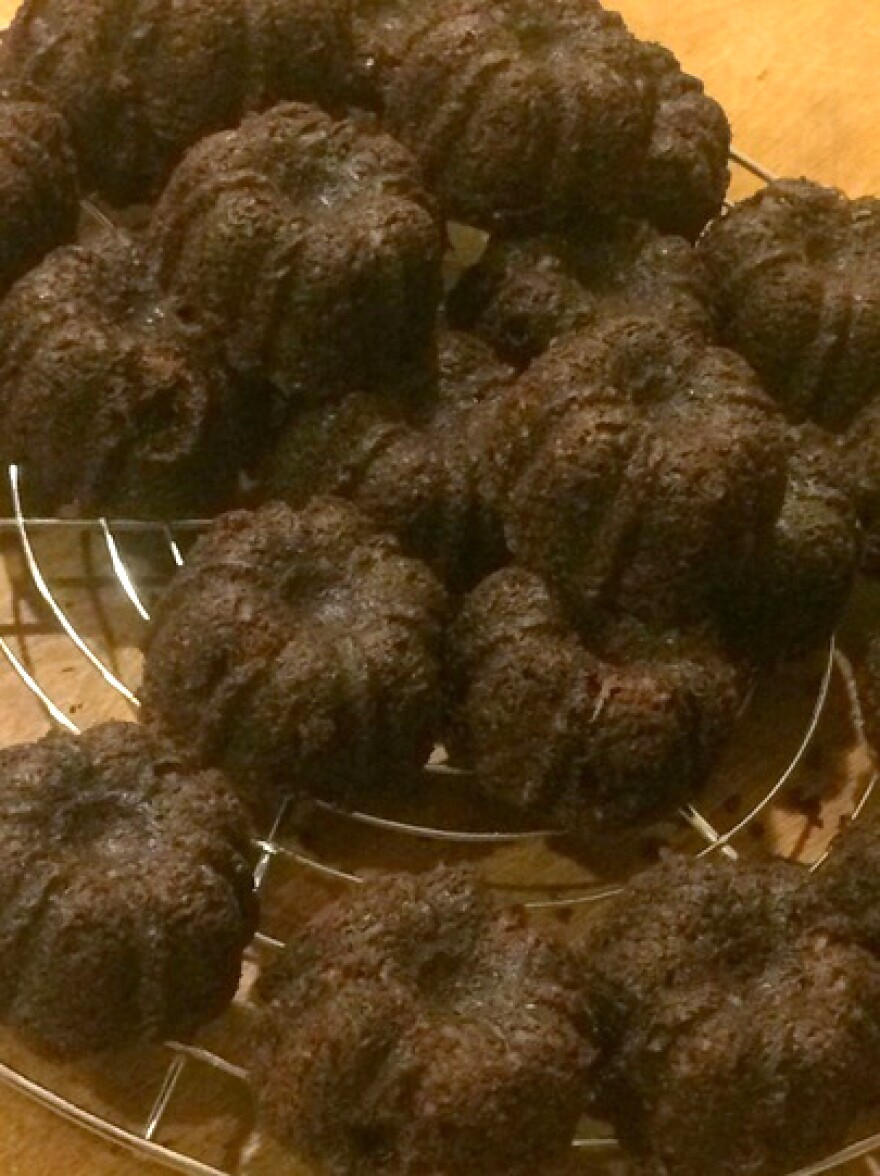Here’s something you probably did not know…in Wisconsin, it is illegal to sell homemade cookies and baked goods. While there are a few exceptions – such as occasional church bake sales, some farmers say the law is having a negative impact on them.
A few are working to change the law on a couple different fronts.
Kriss Marion says that as a farmer, it’s often difficult to make ends meet. She owns and operates a certified organic farm in Blanchardville, about 45 minutes southwest of Madison. To help cover costs, Marion says she also runs a bed and breakfast.
“Most farmers like most small business owners have to pull together a lot of different income streams, especially in small towns to make the economics work,” Marion says.

Marion says she’d like to sell baked goods to her B&B customers and at farmers markets. But that’s against the law in Wisconsin
People cannot sell home baked goods without a license and a commercial kitchen. The exceptions include nonprofits, which can sell baked goods up to 12 days a year.
Marion says the law doesn’t make sense. “You can make pickles at home and sell them, you can make jams at home and sell them, you can sell believe it or not, raw unfiltered apple cider, but not cookies,” she says.
Marion has been working to change state law regarding home baked goods since 2013. A few days ago, she scored a victory in the state Senate. It passed the so-called cookie bill; now it’s the hands of the Assembly.

The legislation would allow people to sell up to $7,500 of nonhazardous baked goods every year. The bill states "a baked good is nonhazardous if it is acidic or has a low amount of moisture and will not support the growth of dangerous organisms."
The sales would have to occur face–to-face, but could not be door-to-door. In the meantime, Marion and two other farmers have filed a lawsuit against the state law. Their attorney is Erica Smith who works for the Institute for Justice. It’s a nonprofit law firm that takes on food issues for farmers. She says only two states don’t allow the sale of home baked goods – New Jersey and Wisconsin.
“This law has nothing to do with safety and everything to do with politics and protectionism. The only reason this ban still exists is because groups have lobbied to keep it that way just to protect themselves from competition,” Smith says.
Pete Hanson is with one of the groups lobbying against the change—the Wisconsin Grocers Association.
“The concept of baking cookies at home and selling them at the farmers market is a lovely idea until you think about the cat that jumped from the little box up on the counter and walked around before those cookies were put on the counter to cool,” Hanson says.
Hanson says current law has everything to do with safety. “If you are in a licensed bakery or food service establishment, there are controls in place to prevent dirty hands, dirty paws, rodents and things like that from infecting those surfaces with germs, parasites, all sorts of things,” he says.
When it comes to people who want to sell their bakery to earn extra money... "What it’s more likely to do is create a bunch of one person baking operations that actually take business away from bakeries that are already established,” Hanson says.
Back in 2009, Wisconsin changed its laws to allow the limited sale of homemade pickles and jams; now it has 45 days to respond to the lawsuit concerning bakery.

